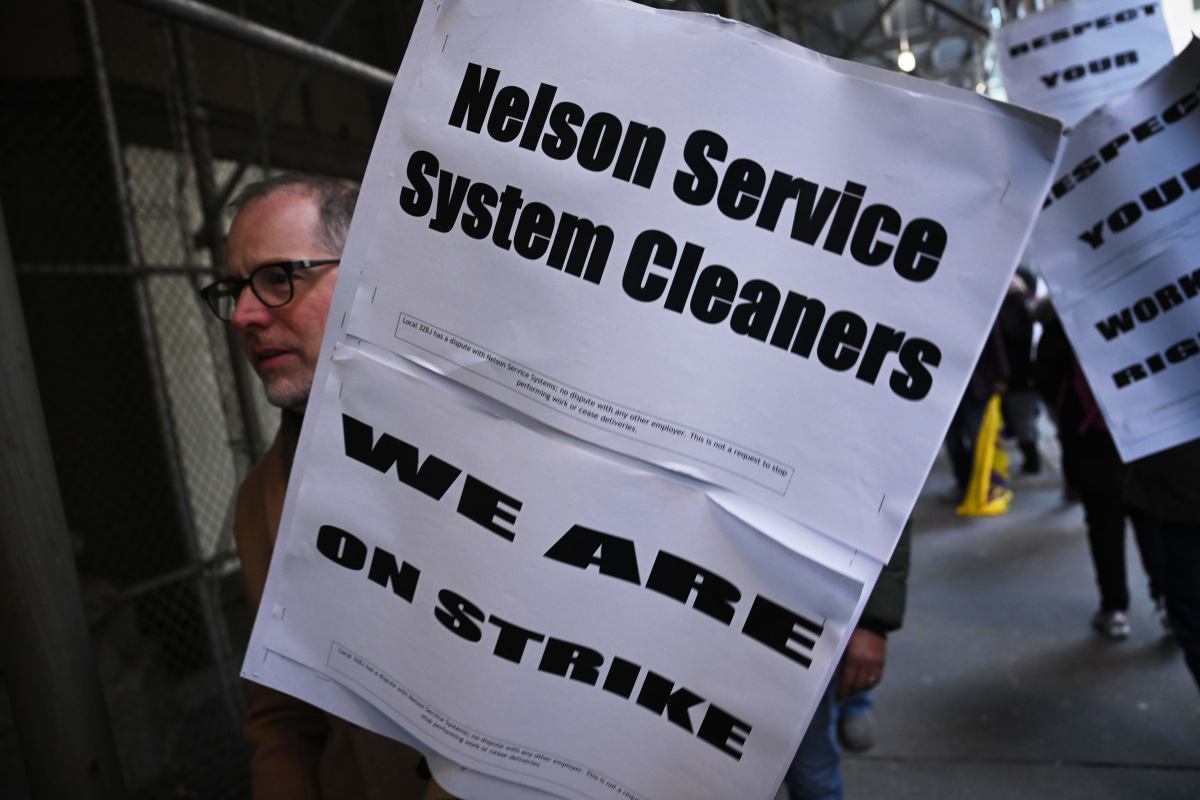HOUSTON/NEW YORK (Reuters) – The global oil refining industry is facing a reckoning from falling fuel demand that is the deepest and fastest ever.
Within weeks, the industry will need to cut output by 30% or more as the coronavirus pandemic keeps much of the world at home, with little need to drive or fly.
Smaller and financially weak oil refiners may not emerge from the crisis, say refining consultants and traders.
“This Covid isn’t going to kill the refining industry, but it might kill those with underlying conditions,” said John Auers, a refining analyst at consultancy Turner, Mason & Co.
Plant closings and production cutbacks are appearing across the globe. In Amsterdam, Canada, India, Italy and South Africa, small refiners have halted processing. Even the most complex and profitable U.S. and European operators are cutting runs to produce as little fuel as possible without shutting down.
The coronavirus outbreak has cut global gasoline demand by 50% and jet fuel demand by 70%, according to consultancy Facts Global Energy.
About 5 million barrels per day (bpd) of the 18 million bpd U.S. refinery capacity would operate if plants were to produce just enough fuel for current demand, said Michael Tran, commodity strategist at RBC Capital Markets, while diesel production and margins have declined only slightly this year.
In Northwest Europe, refiners that binged on sweet crude are paring 2 million barrels per day from run rates, said Jan-Jaap Verschoor, an analyst at Oil Analytics in London.
He estimated the drop in oil processing worldwide has already reached 5 million bpd.
(For a graphic on plummeting oil prices, click here: https://reut.rs/39ieums)
SMALL PLANTS AT-RISK
Financially weak refiners and those serving small markets are at most risk of consolidation. If forced to shut down, they face a loss of customers that could make it harder to reopen. Those with little debt, a variety of products and proximity to crude supplies are best positioned to survive, analysts said.
The 130,000-barrel per day Come-by-Chance refinery in eastern Canada this week temporarily halted processing on economic and safety concerns. It follows shutdowns at small plants in Italy, France and South Africa.
Refineries in the U.S. Midwest and Rocky Mountains that mostly produce gasoline are vulnerable to shutdowns as stocks build. The region’s storage tanks would have been about 90% full this week had refiners not cut utilization in response to lower demand, estimates Amy Kalt, a refining analyst at consultancy Baker & O’Brien Inc.
In response to market conditions, U.S. refineries cut their rates by 5 percentage points on the week to 82.3% of operable capacity, the lowest rate since September 2017, according to new Energy Administration Information data.
The near-halt of air travel threatens U.S.-based Monroe Energy, which provides parent Delta Air Lines <DAL.N> with jet fuel. Monroe has cut its processing by 21%, and reduced staff to about two dozen workers. A spokesperson for the company declined to comment.
MINIMAL STAFF, OUTPUT
Several European refiners shut processing units for maintenance and then postponed the work, said Amanda Fairfax, an analyst at Genscape, which tracks refinery operations.
U.S. refiners Exxon <XOM.N>, Chevron <CVX.N>, PBF Energy, Valero Energy <VLO.N> and Marathon <MPC.N> are reducing processing by as much as 30%.
“The guys who cut early are learning how to cut more,” said David Hackett, president of refinery consultancy Stillwater Associates. The goal of many refiners is to reach a level “just to try and keep it running” because of the dangers inherent to restarting idle plants, he said.
While low run-rates generally reduce stress on equipment that can cause outages, operating individual units “below 50% could become unstable,” said Baker & O’Brien’s Kalt.
A DECADE OF EXPANSION
Refiners spent the last decade expanding capacity to supply motor fuel to a rising middle-class in Africa, China, India and Latin America.
In the United States, struggling East Coast refiners got a temporary reprieve from financial woes from plentiful supplies of light crude from shale fields.
But bankruptcies among shale producers may threaten those supplies in the future. Whiting Petroleum Corp <WLL.N> on Wednesday became the first major casualty of crashing oil prices.
In Asia, state-run refiners are have kept output high and maintained pre-crisis pricing.
“It’s not easy to consolidate because there are many state-owned companies,” said K.Y. Lin at Formosa Petrochemical Corp <6505.TW>, Asia’s sixth-largest standalone refiner.
FEWER, BIGGER COMPANIES
Hopeful signs are emerging in China and Korea, which are ramping up refining as virus outbreaks ebb. China’s refining sector is forecast to reach about 77% of capacity in the current quarter, up from 63% two months ago. This month SK Energy, Korea’s top refiner, expects to increase output from the 85% to 90% of capacity in March.
Still, the sharp, sudden drop in demand will accelerate consolidation in the business and lead to fewer and larger refiners when markets recover.
Worldwide, predicts Turner, Mason’s Auers, there could be a loss of 1 million bpd to 2 million bpd from permanent refinery closures when the pandemic subsides.
(Reporting by Erwin Seba in Houston and Laura Sanicola in New York; additional reporting by Florence Tan in Singapore, Jane Chung in Seoul and Bozorgmehr Sharafedin in London; editing by Gary McWilliams, Simon Webb, Leslie Adler and Bernadette Baum)






















